Blizzard’s Battle.net servers knocked offline by another DDoS attack
Hacking group PoodleCorp claim responsibility

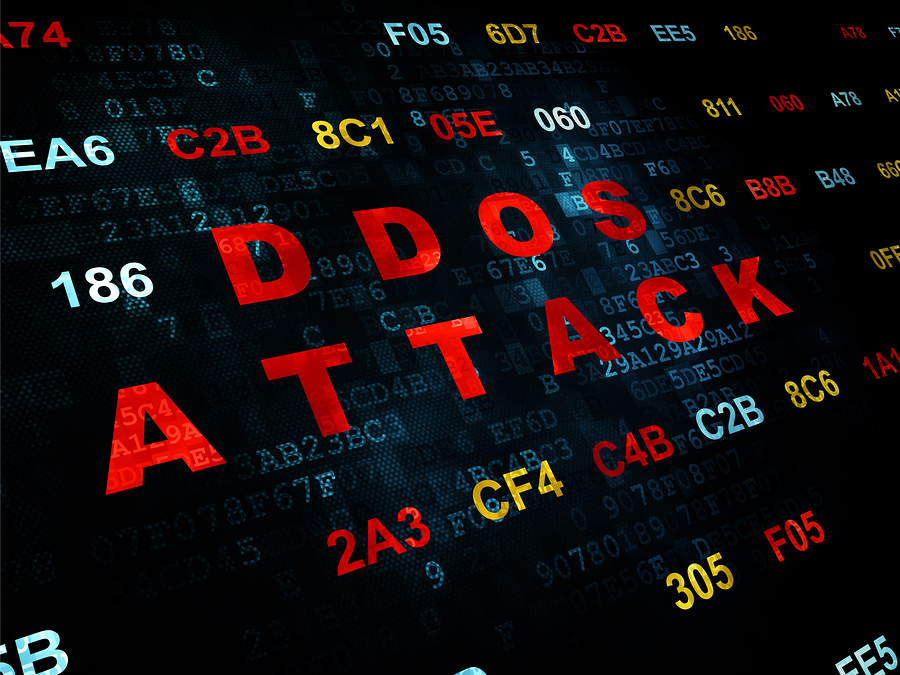
Blizzard’s Battle.net game servers were taken offline over the weekend following a DDoS attack on the firm’s infrastructure.
The latest outage is the third time Blizzard's servers have gone offline, causing problems for gamers playing titles such as Overwatch, World of Warcraft, Hearthstone: Heroes of Warcraft and Diablo 3.
Hacking group PoodleCorp claimed responsibility for the attack, with gamers on Xbox One, PS4, and PC all experiencing technical difficulties.
“We are currently monitoring a DDOS attack against network providers which is affecting latency/connections to our games,” the firm said in a tweet.
On 13 and 16 September the gaming company also experienced a number of issues that prevented people from authenticating and logging into game servers.
The hackers made an unusual and somewhat bizarre demand in that they would only stop the attack if one of their tweets was retweeted 2,000 times. Gamers dutifully retweeted this tweet and the hacking group stopped the attack.
The hacking group said its next target would be against servers running Battlefield, promising to attack on 21 October.
Sign up today and you will receive a free copy of our Future Focus 2025 report - the leading guidance on AI, cybersecurity and other IT challenges as per 700+ senior executives
Sean Newman, director at Corero Network Security, said that Blizzard is far from alone, as more and more organisations reliant on the highest levels of online availability are being subjected to DDoS attacks, with varying motives.
“Increasingly these are extortion related, but this is somewhat irrelevant when an attack actually strikes. Whether for financial gain, or purely for notoriety, the end result is still the same and the unlucky target just wants to get back online as soon as possible,” he said.
23/08/2016: Blizzard experiences second DDoS attack this month
The World of Warcraft and Overwatch developer's services were down for more than two hours.
Blizzard, the developer behind World of Warcraft and Overwatch has experienced a second DDoS attack in one month, it has announced, although this latest attack seems to be more shortlived than its hack at the beginning of August.
Players reported viewing an Error #132 message when trying to access the services and Blizzard said it was investigating into the problems, immediately identifying it as a DDoS attack.
"We are currently monitoring a DDOS attack against network providers which is affecting latency/connections to our games," the company reported just after 1PM.
However, by 3PM, the issues had been resolved, at least in the short term.
"The technical issues we were experiencing earlier have been resolved. Apologies for the inconvenience!" the company posted on Twitter.
Although it's not clear whether the two attacks were related, or carried out by the same group, Blizzard was quick to report it is investigating into the problems
“In the fast-moving world of online gaming, just the shortest of service disruptions can be devastating," Stephanie Weagle, senior director at Corero Network Security said.
"The impact of DDoS attacks can be incredibly costly when systems, applications or platforms fall victim to attack.The online gaming industry is no stranger to DDoS attacks, as motivations, including player retaliation, are endless. For an industry that relies on player accessibility, DDoS attacks pose a serious challenge to game availability that is actually the lifeblood of the organisation."
Weagle said companies like Blizzard should not rely on traditional infrastructure or even cloud-based DDoS because they are too slow at picking up threats. This means they are not effective to deter such attacks and instead, real-time detection and mitigation of DDoS attacks should be implemented.
03/08/2016: Overwatch servers back up after suspected Lizard Squad DDoS
Overwatch and Hearthstone, two massively multiplayer online games (MMOs) from games studio Blizzard, have been brought back online following a DDoS attack suspected to have been launched by Lizard Squad.
The attack downed Blizzard's Battle.Net servers for around 3 hours and left players unable to log in. The news comes in the wake of Blizzard unleashing a wave of lifetime bans for players caught cheating, with many affected users threatening a DDoS in retaliation.
"If you think of the internet as a series of tubes connecting our computers together," a Blizzard representative explained to users via the Battle.Net forums, "a DDoS is like someone stuffing a bunch of rocks in one of those tubes which makes it hard (or impossible) for legitimate traffic to reach us."
"Our engineers have a way to clear these pipes by blocking the rocks, and then those perpetuating the DDoS might try to find another pipe to clog. It's a little bit of cat and mouse, but we're dedicated to keeping up the work!"
Responsibility for the attacks have been claimed by a hacking group known as PoodleCorp, which has been linked to the Lizard Squad hackers, who allegedly took down Xbox Live and PlayStation Network in 2014.
While a DDoS attack is never good news for any business, it can be especially costly for games companies, points out Corero Network Security's senior director Stephanie Weagle.
"In the fast-moving world of online gaming, just the shortest of service disruptions can be devastating," she said. "The impact of DDoS attacks can be incredibly costly when systems, applications or platforms fall victim to attack."
"The online gaming industry is no stranger to DDoS attacks, as motivations, including player retaliation, are endless. For an industry that relies on player accessibility, DDoS attacks pose a serious challenge to game availability that is actually the lifeblood of the organisation."
Adam Shepherd has been a technology journalist since 2015, covering everything from cloud storage and security, to smartphones and servers. Over the course of his career, he’s seen the spread of 5G, the growing ubiquity of wireless devices, and the start of the connected revolution. He’s also been to more trade shows and technology conferences than he cares to count.
Adam is an avid follower of the latest hardware innovations, and he is never happier than when tinkering with complex network configurations, or exploring a new Linux distro. He was also previously a co-host on the ITPro Podcast, where he was often found ranting about his love of strange gadgets, his disdain for Windows Mobile, and everything in between.
You can find Adam tweeting about enterprise technology (or more often bad jokes) @AdamShepherUK.
-
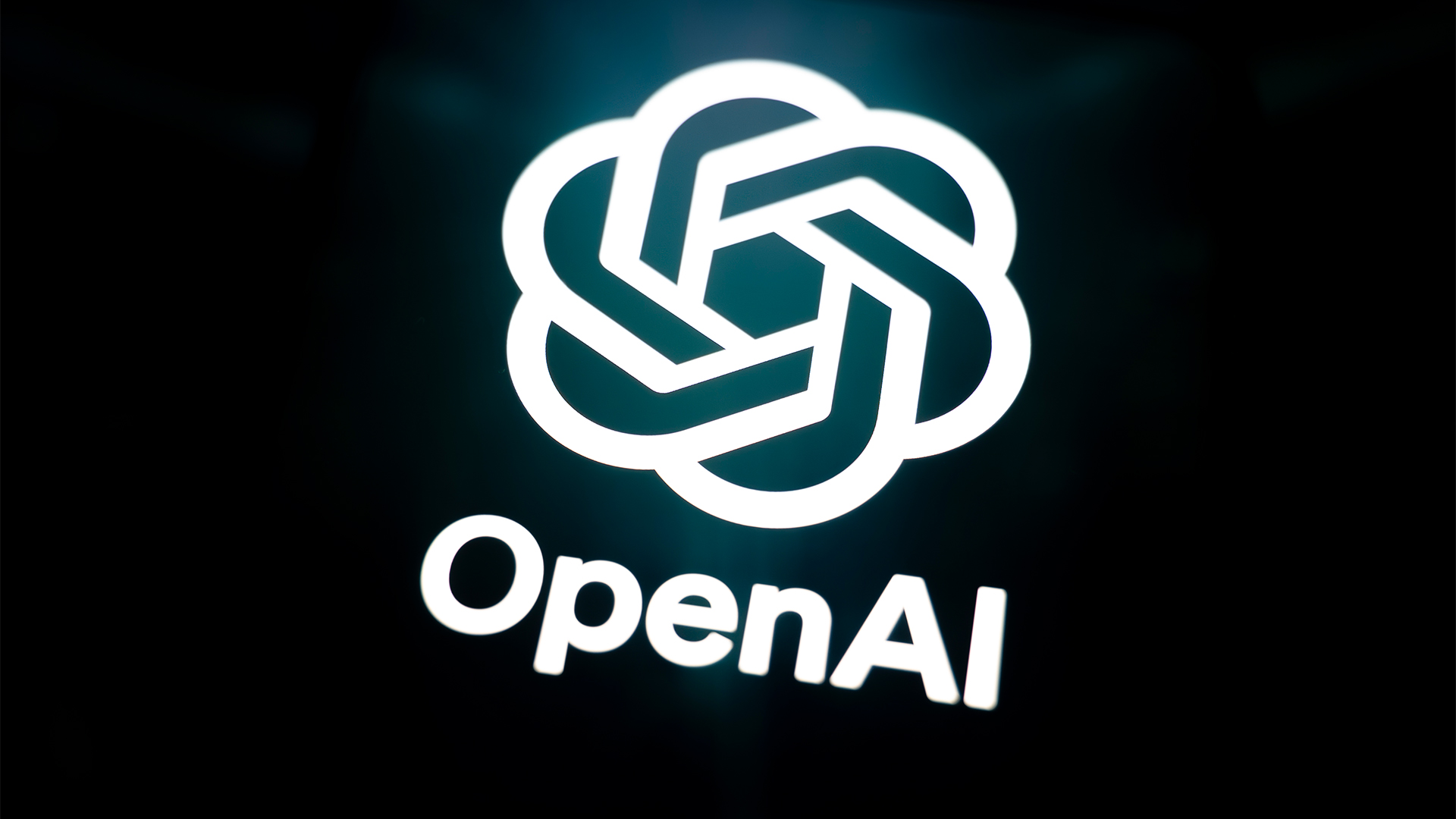 OpenAI's 'Skills in Codex' service aims to supercharge agent efficiency for developers
OpenAI's 'Skills in Codex' service aims to supercharge agent efficiency for developersNews The Skills in Codex service will provide users with a package of handy instructions and scripts to tweak and fine-tune agents for specific tasks.
-
 Cloud infrastructure spending hit $102.6 billion in Q3 2025
Cloud infrastructure spending hit $102.6 billion in Q3 2025News Hyperscalers are increasingly offering platform-level capabilities that support multi-model deployment and the reliable operation of AI agents
-
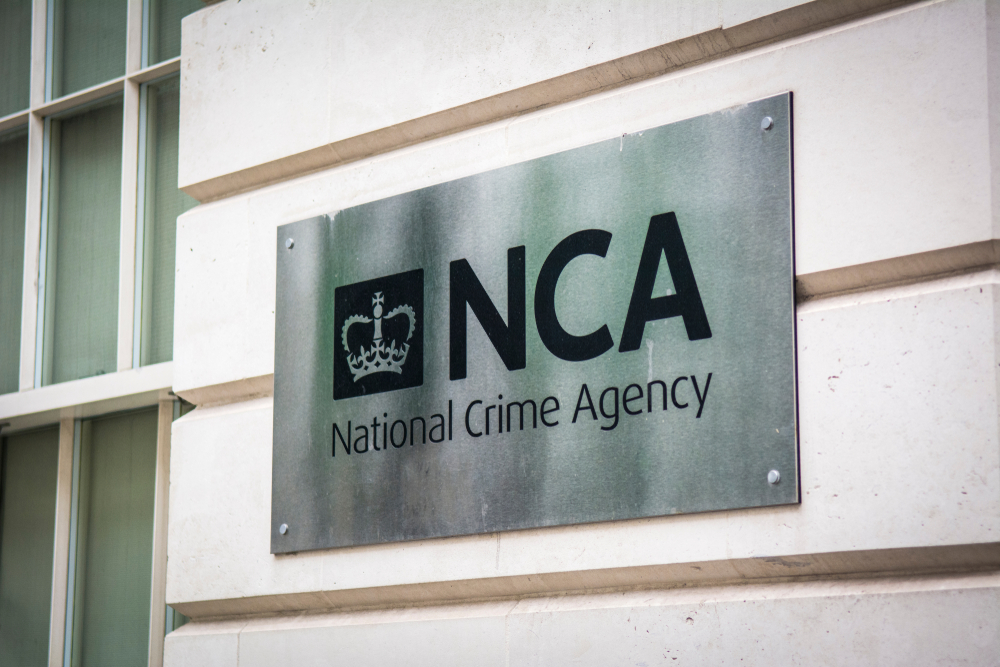 UK crime fighters wrangle “several thousand” potential cyber criminals in DDoS-for-hire honeypot
UK crime fighters wrangle “several thousand” potential cyber criminals in DDoS-for-hire honeypotNews The sting follows a recent crackdown on DDoS-for-hire services globally
-
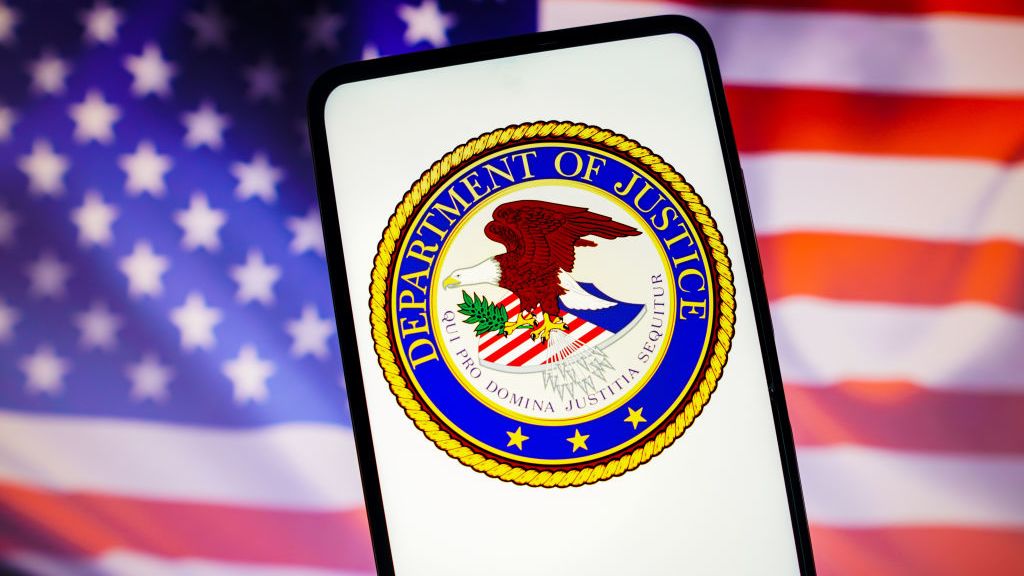 US begins seizure of 48 DDoS-for-hire services following global investigation
US begins seizure of 48 DDoS-for-hire services following global investigationNews Six people have been arrested who allegedly oversaw computer attacks launched using booters
-
 Will triple extortion ransomware truly take off?
Will triple extortion ransomware truly take off?In-depth Operators are now launching attacks with three extortion layers, but there are limitations to this model
-
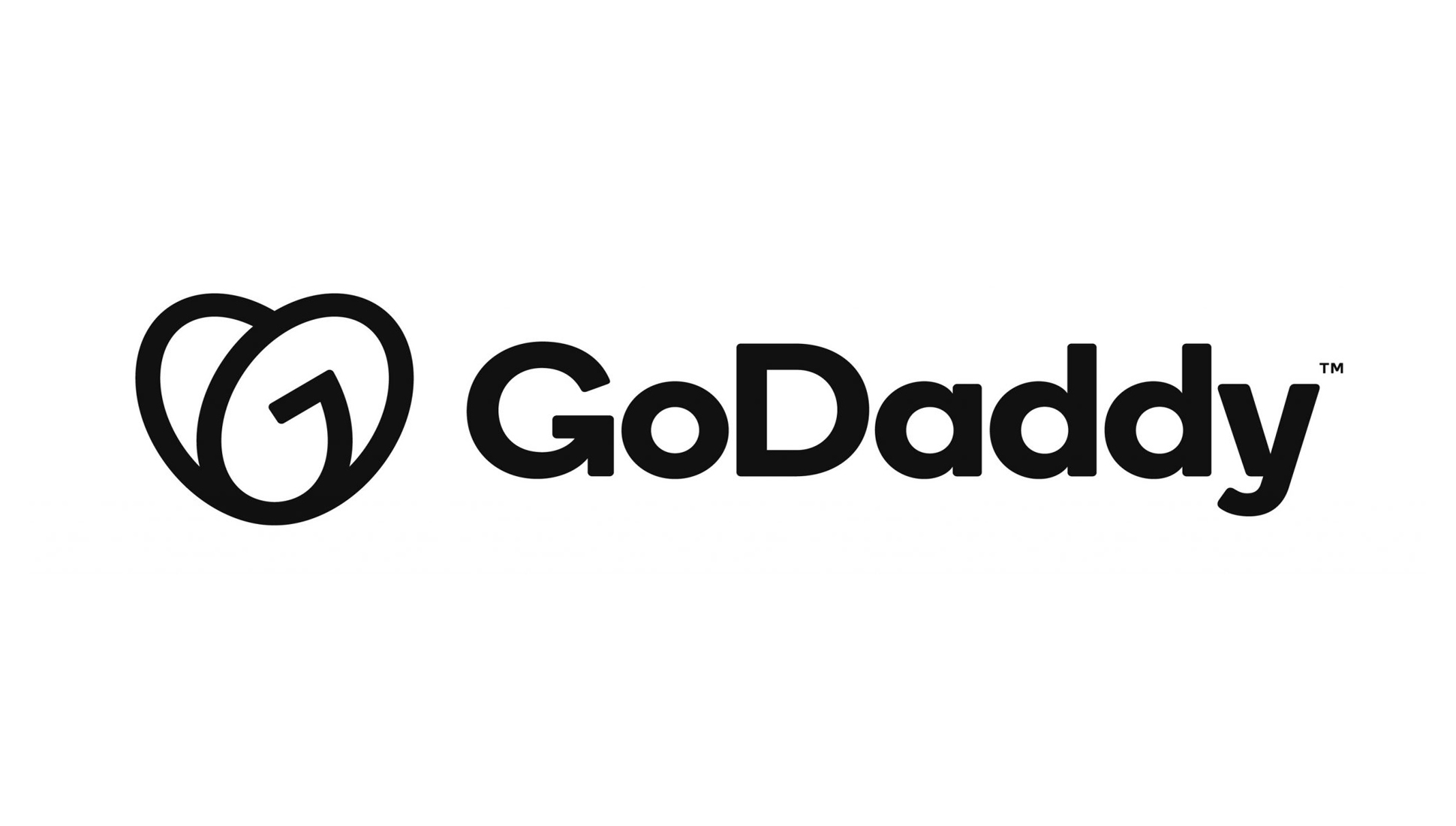 GoDaddy web hosting review
GoDaddy web hosting reviewReviews GoDaddy web hosting is backed by competitive prices and a beginner-friendly dashboard, and while popular, beware of hidden prices
-
 Japan investigates potential Russian Killnet cyber attacks
Japan investigates potential Russian Killnet cyber attacksNews The hacker group has said it’s revolting against the country’s militarism and that it’s “kicking the samurai”
-
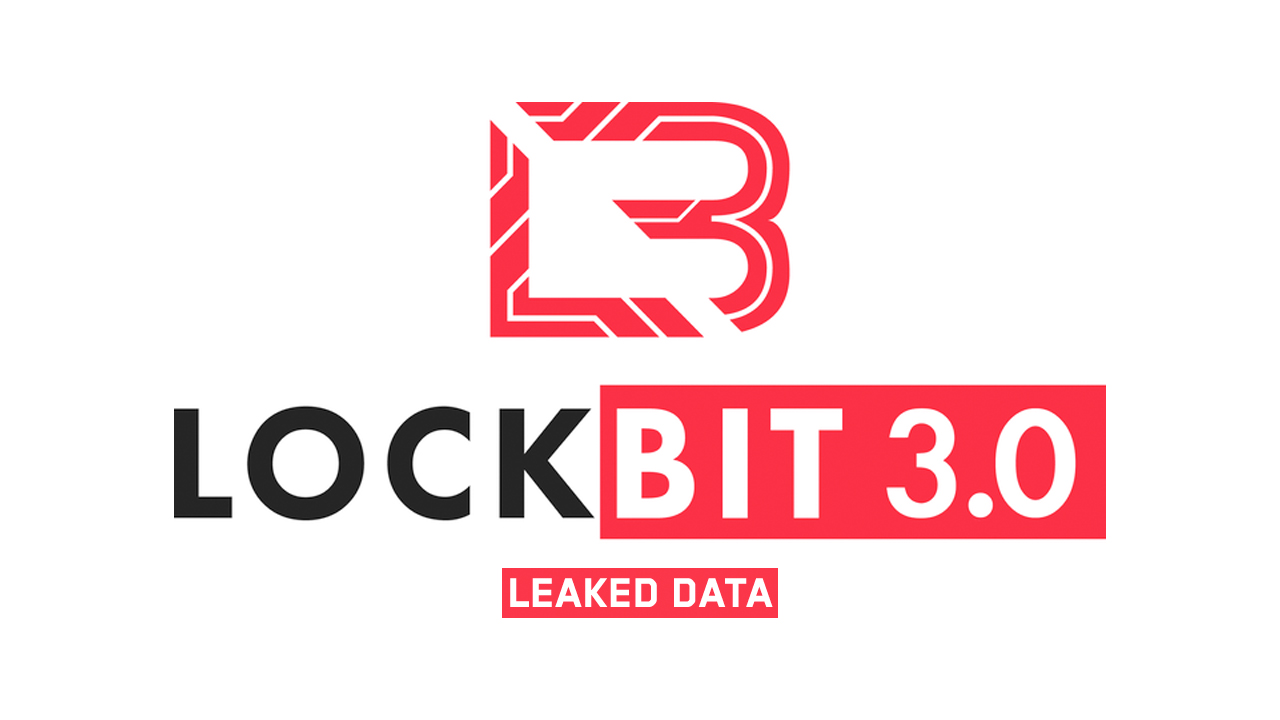 LockBit hacking group to be 'more aggressive' after falling victim to large-scale DDoS attack
LockBit hacking group to be 'more aggressive' after falling victim to large-scale DDoS attackNews The ransomware group is currently embroiled in a battle after it leaked data belonging to cyber security company Entrust
-
 Record for the largest ever HTTPS DDoS attack smashed once again
Record for the largest ever HTTPS DDoS attack smashed once againNews The DDoS attack lasted 69 minutes and surpassed the previous record of 26 million RPS
-
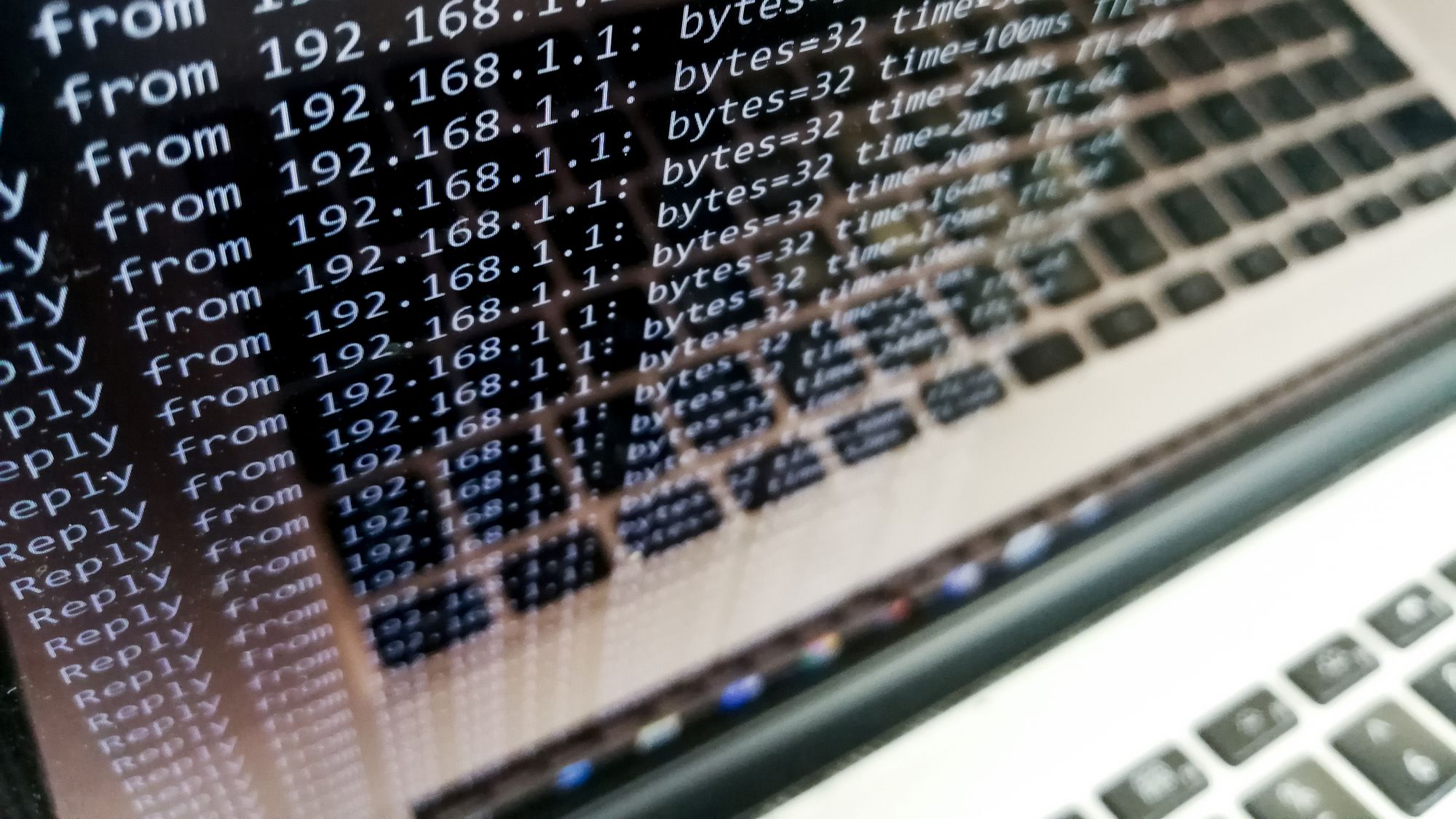 Cloudflare mitigates biggest ever HTTPS DDoS attack
Cloudflare mitigates biggest ever HTTPS DDoS attackNews A botnet generated over 212 million HTTPS requests from over 1,500 networks in 121 countries
